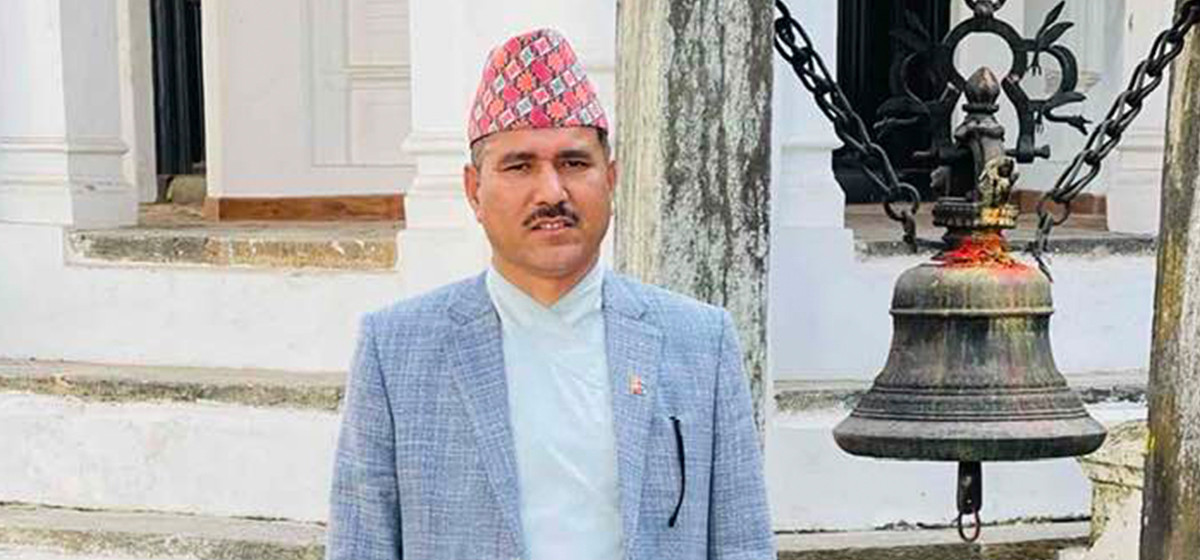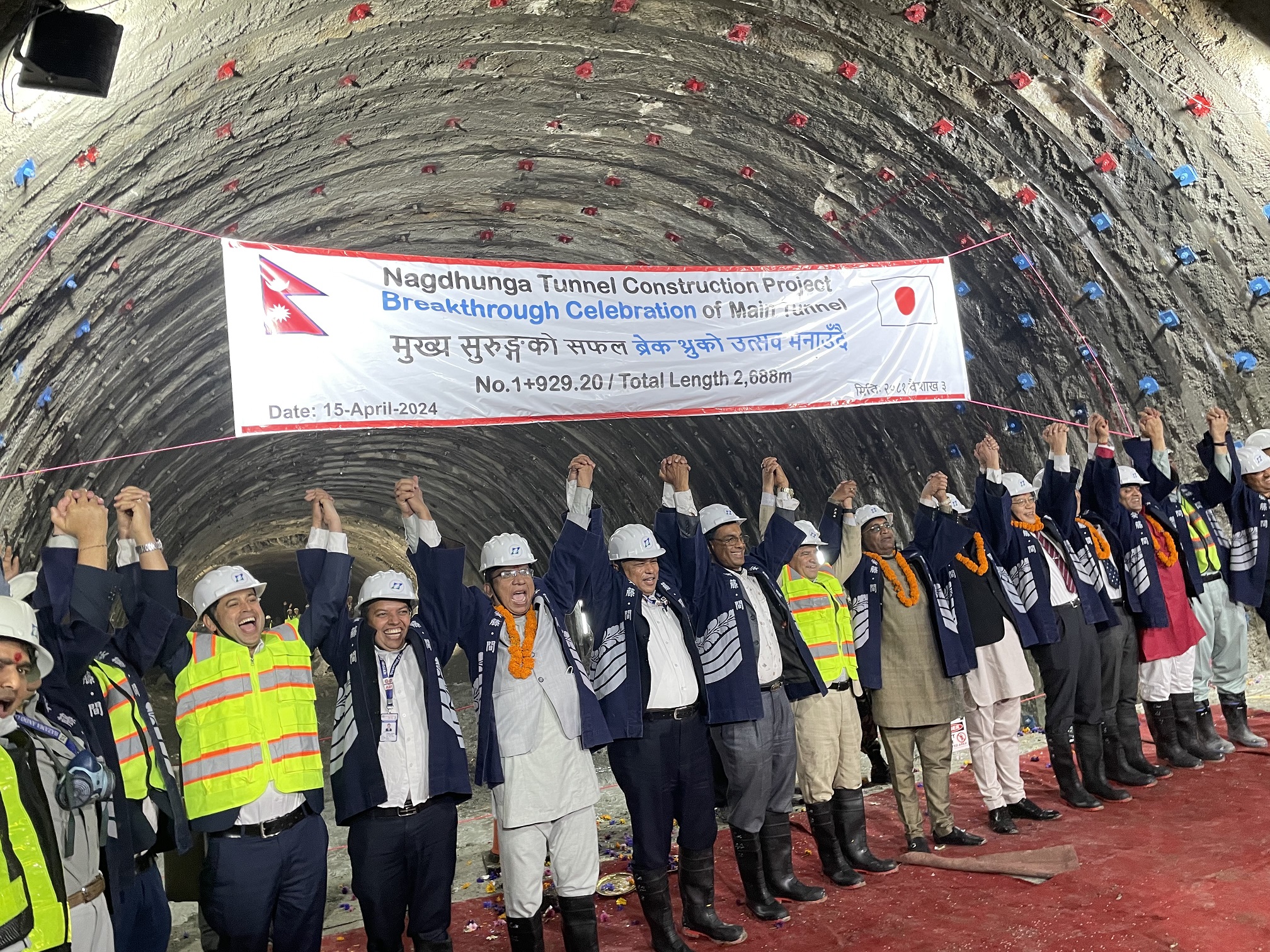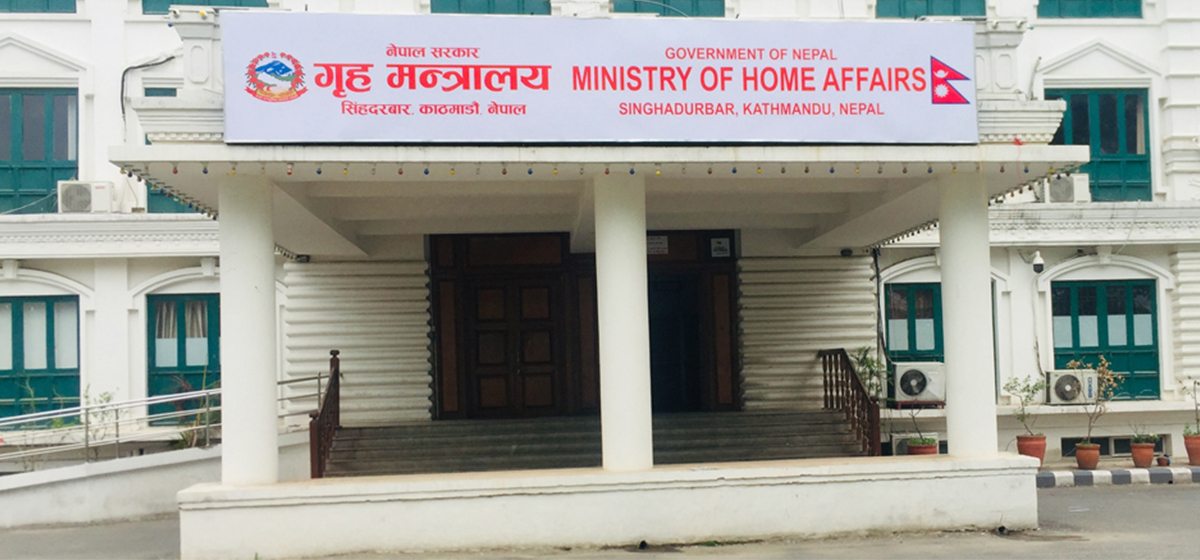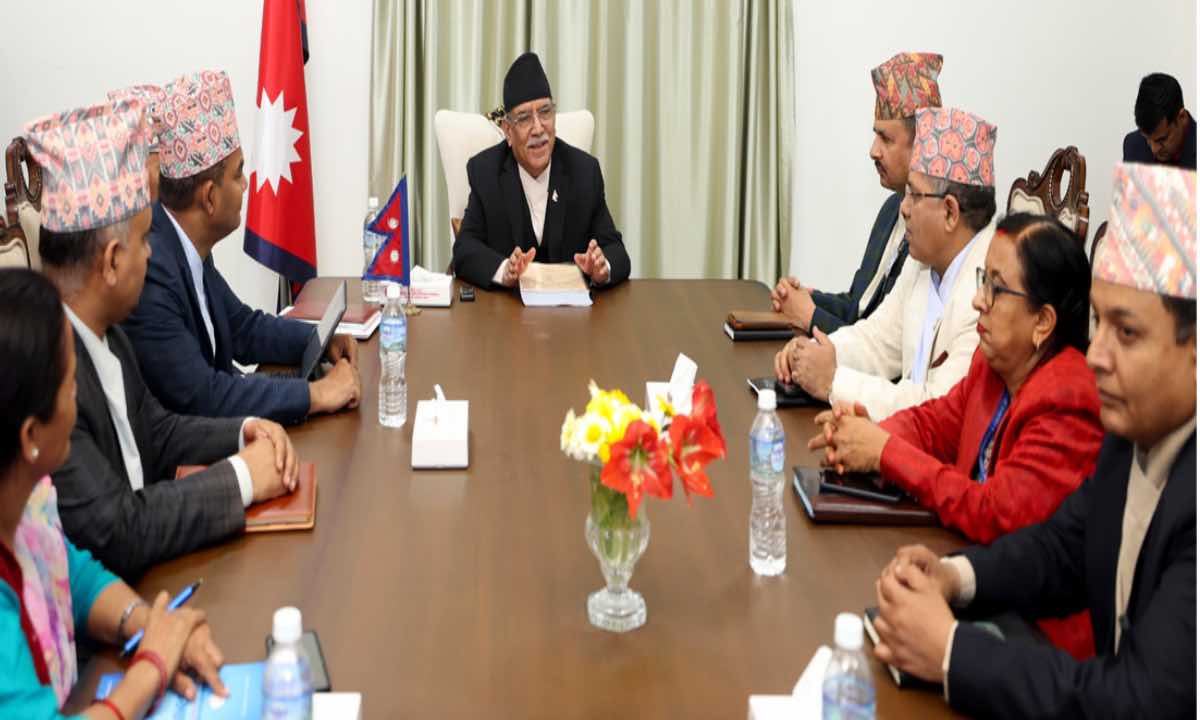
OR
MCC compact grants
The Millennium Challenge Corporation (MCC), the independent foreign aid agency of the US government, is uniquely suited to meet Nepal’s developmental and infrastructure needs. Its ‘compact’ with the recipient government makes completion of agreed projects ‘on budget and on time’ mandatory. The MCC places ‘binding constraints’ on the recipient government and has rigorous monitoring standards and benchmarks. Enforcing this kind of strict time and budget limits is vital in a country long known for its tardy and costly projects. And since the money coming in will be in the form of grants, it will also not put undue pressure on the national exchequer. Notably, in South Asia, only Nepal has qualified to receive MCC grants based on its strong performance on MCC policy indicators like economic freedom, rule of law and corruption control. In this context, the MCC is currently finalizing projects under its US $500 million grant to Nepal, which will be topped up by $130 million by Nepal government, bringing the total pot to $630 million. This money will go into improving energy transmission and road connectivity, two of the most important priorities for Nepal right now.
The US and Nepal governments are expected to sign the final agreement sometime in September after finalizing ‘key next steps’ in the coming weeks. This includes Nepal’s cabinet approval of the compact, followed by its approval by the MCC board of directors and the US Congress. After these key steps are completed, the MCC will then start its ‘five-year clock’ for completion of intended projects. Since the compact will be signed only when the MCC is completely satisfied that conditions are right for timely and on-budget completion of projects, there is little risk of the compact being broken. In fact, if all the loans and grants that we receive from our bilateral and multilateral donors were so rigorously planned and executed, vital infrastructure works like Melamchi drinking water project and Upper Tamakoshi power projects would not have been endlessly delayed. This is why, now that we are also part of China’s OBOR framework agreement, we first need to undertake meticulous homework on projects to be financed with funds under this and other bilateral and multilateral frameworks. Perhaps just as in the case of the MCC funds we could also get more money in the form of grants rather than loans.
Under the compact agreement with the MCC, up to 300 km of 400-KV transmission lines stretching from eastern to western Nepal, three hydropower substations and an additional cross-border transmission line will be built. Likewise, 305 kilometers of vital roads are to be rebuilt. Again, since the corporation will monitor these projects every step of the way, holding people to account at each layer, chances are that they will be completed right on time. Perhaps our policymakers can learn by working in collaboration with MCC, the knowledge which they can utilize in other vital projects. It’s a question of putting in place the right system. Nepal should not miss out on this important learning opportunity. But if this is to be achieved, there needs to be a lot of rigorous homework between now and September.
You May Like This

Electrolux announces ‘Dashain Tihar Maa Upahar Sure Shot’
KATHMANDU, Sept 9: The European brand Electrolux has brought 'Dashain Tihar Maa Upahar Sure Shot' offer for its customers targeting... Read More...

Doing your own thing
Everybody wants to start his/her own business but not everybody knows how and where to start. Here, some successful entrepreneurs... Read More...

LG offers sure shot gift
KATHMANDU, Jan 6: CG Electronics -- the authorized dealer of LG for Nepal -- has brought a sure shot gift on... Read More...




Just In
- PHC endorses Raya as Auditor General
- PM Dahal and ex-PM Khanal meet
- Revised report on job specification submitted to PM
- Home ministry recommends Joshi and Dhakal for promotion to AIG
- Madhesh CM Yadav to seek vote of confidence today
- Gold price increases by Rs 1,700 per tola
- KMC warns of action against those strewing construction materials on street
- National Vitamin A campaign being organized on April 18 and 19















Leave A Comment